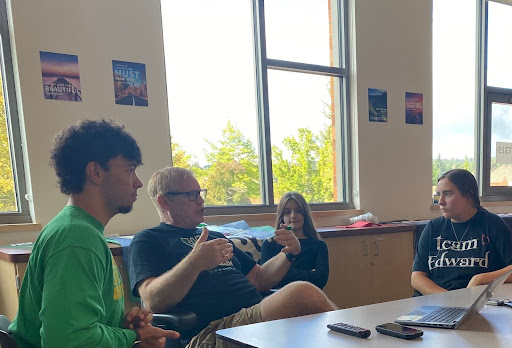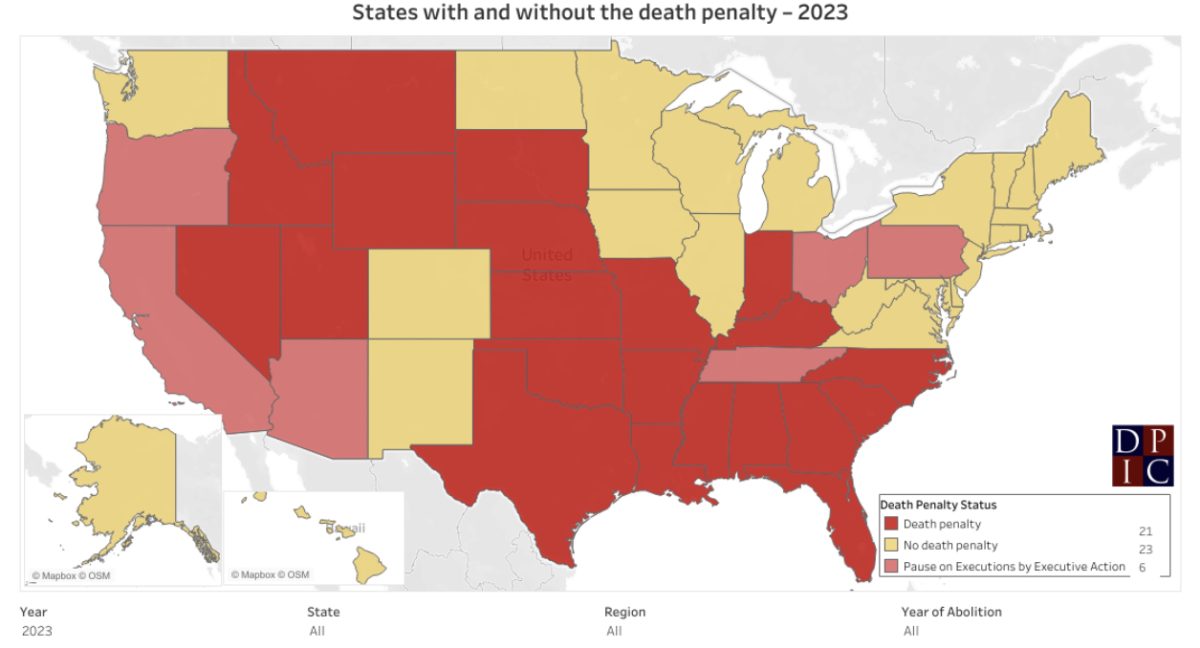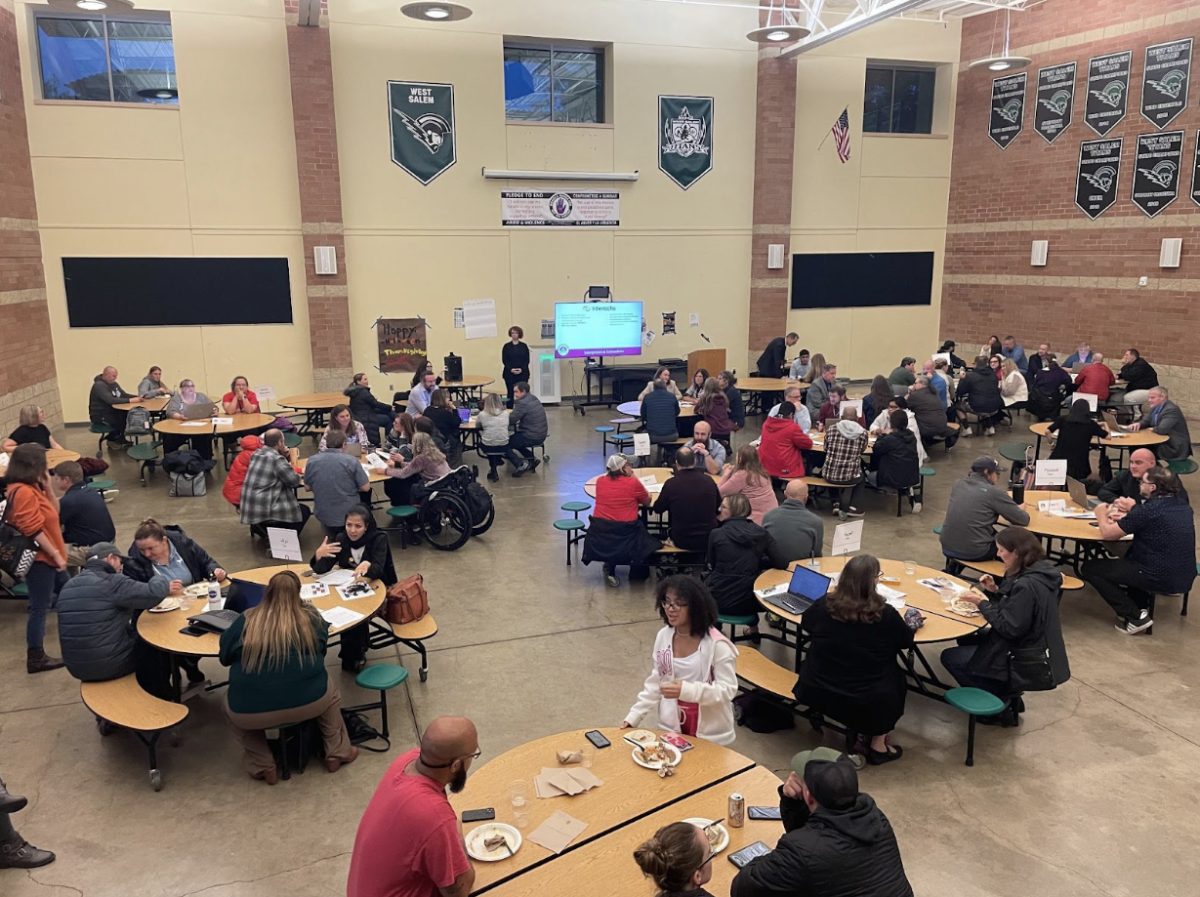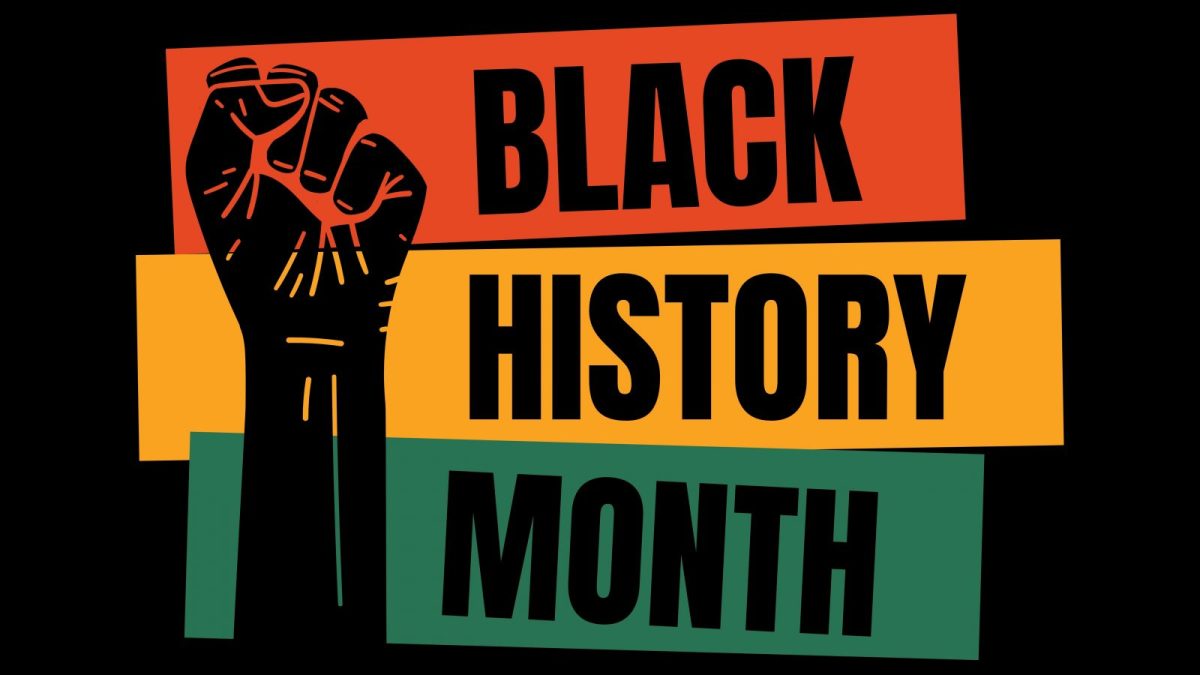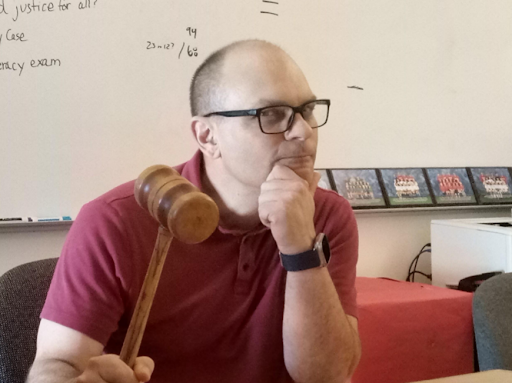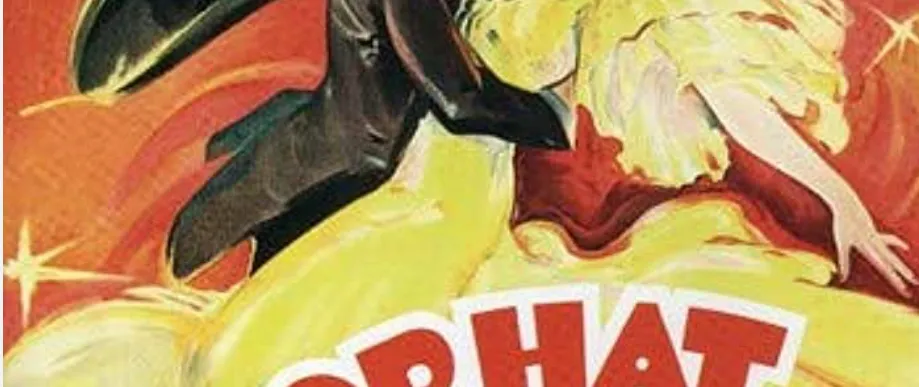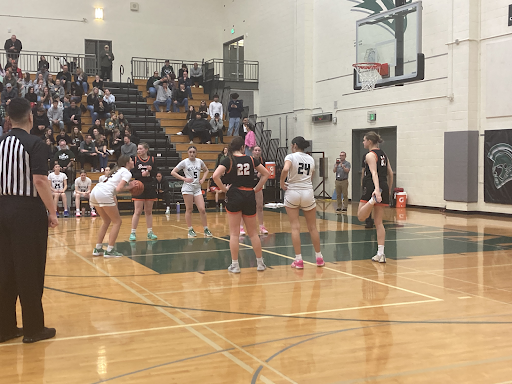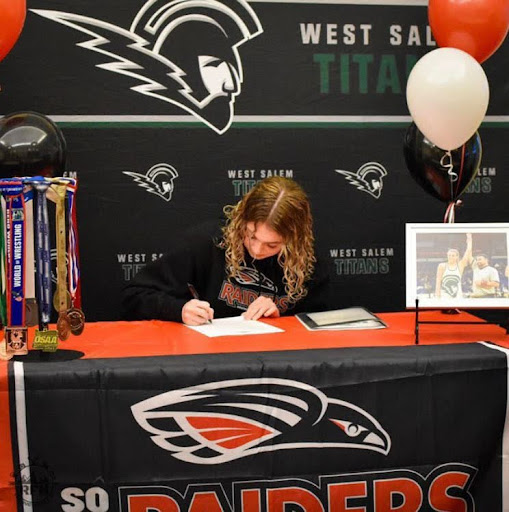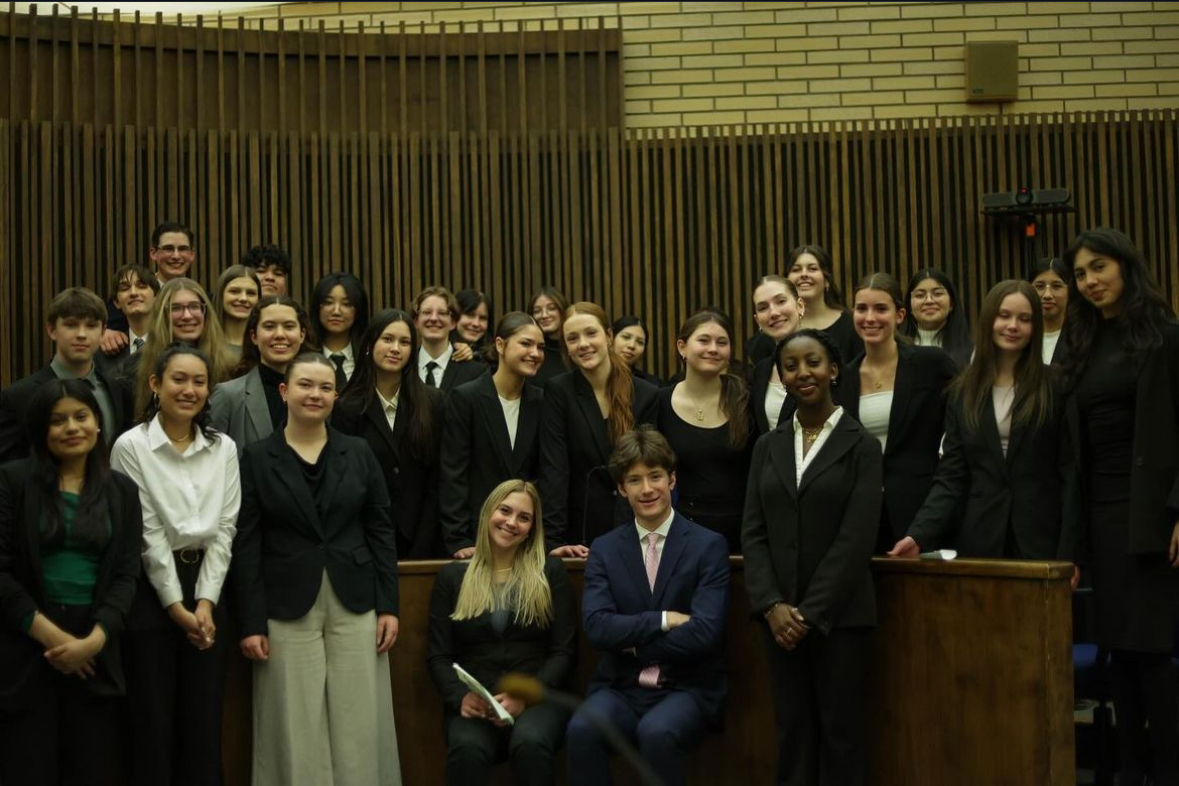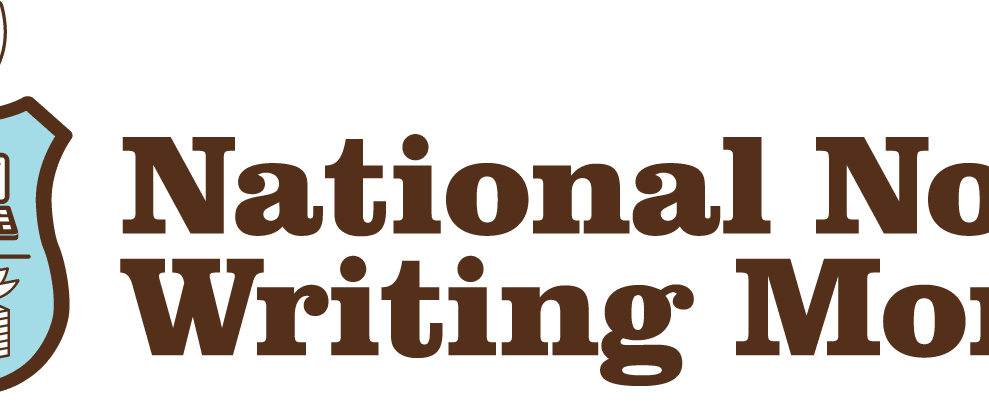Finally, after a long wait, it’s November, or as the writing world calls it, National Novel Writing Month. But most people refer to it as NaNoWriMo in short. For those who don’t know or are new to this beautiful challenge, NaNoWriMo is a writing competition where you are given 30 days to write 50,000 words as the first draft for a novel. Statistically, that is 1,667 words a day, 69 per hour, and 1.2 per minute, totaling roughly 200 pages.
Now those are just the basic principles of the challenge. Keep in mind that everyone works at their own pace. This is not a challenge for everyone, but rather one for writers with quite a bit of experience. A first-draft novel is more accessible said than done, for sure. NaNoWriMo was first official in 1999; it gained popularity quickly and is now up on a website that is listed at the bottom of this article. If you feel inspired to take on this exciting challenge but aren’t sure how to arrange a schedule, you aren’t alone.
Many writers, including myself, need help figuring out when to write and how much time to carve out of our day. Schedules may look like something a perfectionist would us, but if followed correctly, tend to keep people on track. Every plan should have a deadline. Without a deadline, the project keeps on going. It’s like a sentence without a period.
Yes, there are those times we people have other jobs that need to be taken care of. There is a difference, though, between a job and putting writing off. Ultimately, as this quote says, “Inspiration is the #1 necessity for quality writing.” If you don’t feel like writing because you are bored or don’t have the energy, stop reading this; you either need a break or some big inspiration. Quality writing needs inspiration because you don’t get those big ideas moving through your mind without them. Without being inspired, the views are limited and hardly have any fuel.
You most likely run out of writing thoughts before you even hit the marathon of the middle—every writer’s worst nightmare.
Inspiration is a big part of writing, but NaNoWriMo is not just about the challenge. It’s a community-wide topic. It’s all over social media. For some people, it’s just getting back into writing, but it’s another typical day for some. Writers share and create ideas during NaNoWriMo, a great way to feel inspired and write a good story.
One of the best pieces of advice I’ve heard, which is always true about writing, is, “How do you eat an elephant?” “One bite at a time.” A writing project works the same way. You can’t write a quality novel in a day; you break the project into smaller pieces that build up to a significant result. NaNoWriMo does not include much editing because it is a “first draft novel,” not a “second or third draft.” People go back and do small bits of editing, but the major overhaul doesn’t happen until a couple drafts later.
There are two main types of people when it comes to writing a novel, the pantser and the outliner. One is not better than the other; it depends on your preference. Remember that you are not always one or the other-Some people are in the middle. I feel like a pantser and a very little outliner as a writer. Here are a couple of examples of some differences.
An example of a pantser: starts writing without an outline, goes in blind, one idea triggers another, they start to form a story. A pantser outlines very little, but if they run out of ideas will sometimes begin with a small outline. More pants will start an account with a big idea and then run out of
power towards the marathon of the middle. That is when some outlining comes in.
An example of an outliner is, just as it sounds, someone who prefers to outline their story before writing it. This is useful for more meaningful stories, so you know where you’re going every time you write. An example of this would be Harry Potter, J. K. Rowling’s best-selling major book series. She outlines almost every bit of her story, and most of it pays off by selling over 500 million copies. Pantser or outliner, your writing matters. You can achieve the impossible with the right mindset, even if you can’t decide which one you are. It’s scientifically proven that with a good mood and some self-confidence, whatever you set out to do will have better odds than the other way around.
Some things you might think about when writing your novel are your characters and their backstory, the central conflict, and how this story ends. What’s the setting of the book? All these things matter. The best advice I could give fellow writers is to do what’s right for you. Getting inspired to write ten pages daily is excellent, but that might not be possible, depending on your skill level. I must do small bits at a time. I can’t sit and write ten pages in one section, but some people can. It just depends on the person and the amount of time.
For a more detailed guide to writing a novel, check out the link at the bottom of this article.
But even though this is only once every November doesn’t mean that the fun stops there. The writing community is always coming up with ideas and sharing their thoughts. Writing is an all-year-long sport. This November is going to be a tremendous National novel-writing month! I believe in each one of you reading this!
NaNoWriMo website,
